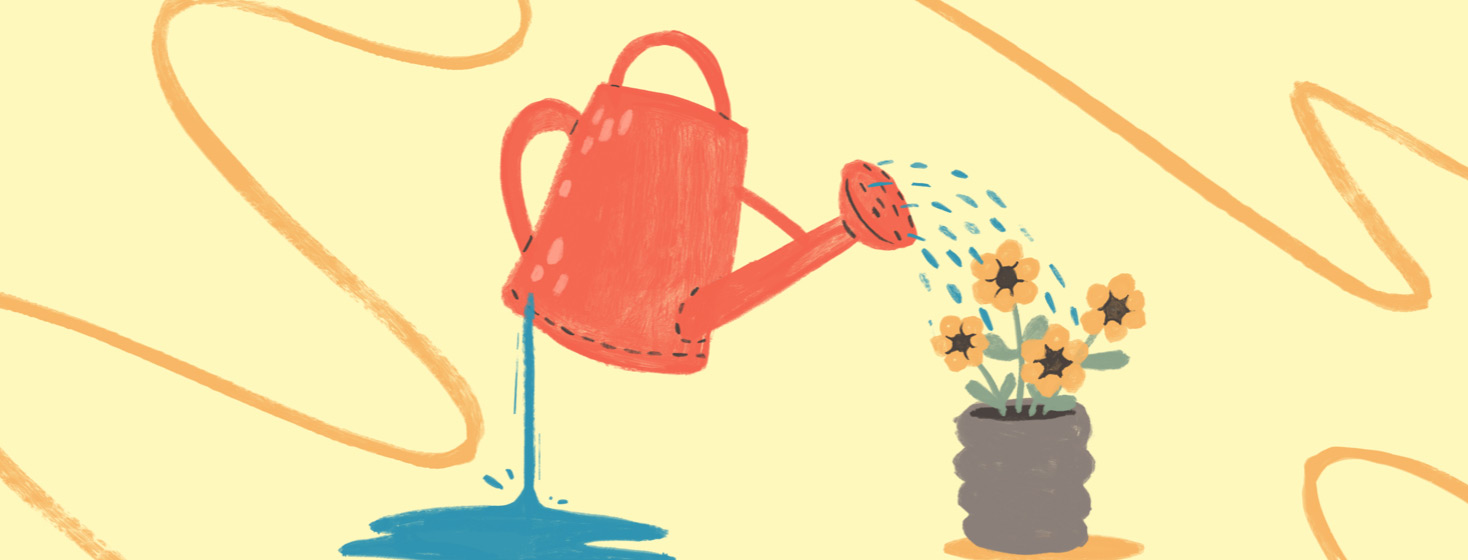The Cost of Over-Giving as a Caregiver
According to the Apostle Paul, Jesus believed that It is better to give than to receive. However, the concept of over-giving as a caregiver is a topic near and dear to me. I am a chronic over-giver. Actuality, as of early 2024, I joined the ranks of a recovering over-giver.
The challenges of over-giving in caregiving
It may be possible to give too much. I have the best of intentions to jump in and assist when asked, and most of the time, I find myself assertive with my expertise.
People came to depend on my level of giving, and when I did not have time or my level of assistance changed in any way, I was often called to do it.
My identity was wrapped up in my value to be useful to people in my circle, and those who shared DNA. My role was not accepted by my existence alone.
Learning to set limits as a caregiver
I had to accept that my desire to help others was genuine, yet I would often charge people interest for the time and efforts I invested in them.
The currency exchange was not often recognized for its actual value in my head and heart. As much as a thank you, or a reciprocating gesture may mean the world to you, we have to realize that we all speak a different language of love.
Some people offer what they wish they could receive from others. Some value time or acts of service, while others need words of affirmation or physical connection.
Seeing caregiving as an investment in others
I began to look at caregiving as an investment in the person I care for and love. Your return on investment may have to be the knowledge alone that you have poured into their lives. I would always remind my brothers that I was tired of stepping in and up in ways that I felt they should have assisted in caring for our parents.
I grew to resent them over time, and I feel that is the most painful part of losing my parents to COPD. The residual pain I carry towards my siblings is another remnant of loss. The passing of our shared parents was something none of us could control, but there were choices my brothers made that not only hurt our parents but hurt me.
Establishing boundaries is hard. By creating a new way of limiting access to your compassion and taking your heart back, you will find that when you are able to give your time to others, the value of the one being cared for will not be taken advantage of.
You can develop a tolerance for entering into a genuine exchange of giving compassion, be able to leave the effort at their door, and leave without expecting a return. Your sense of fulfillment reaches its peak after you release the compassion toward the person.
When your head and heart are not spending time calculating the compassion debt, you are free to seek out other outlets to give and receive compassion into your well.

Join the conversation